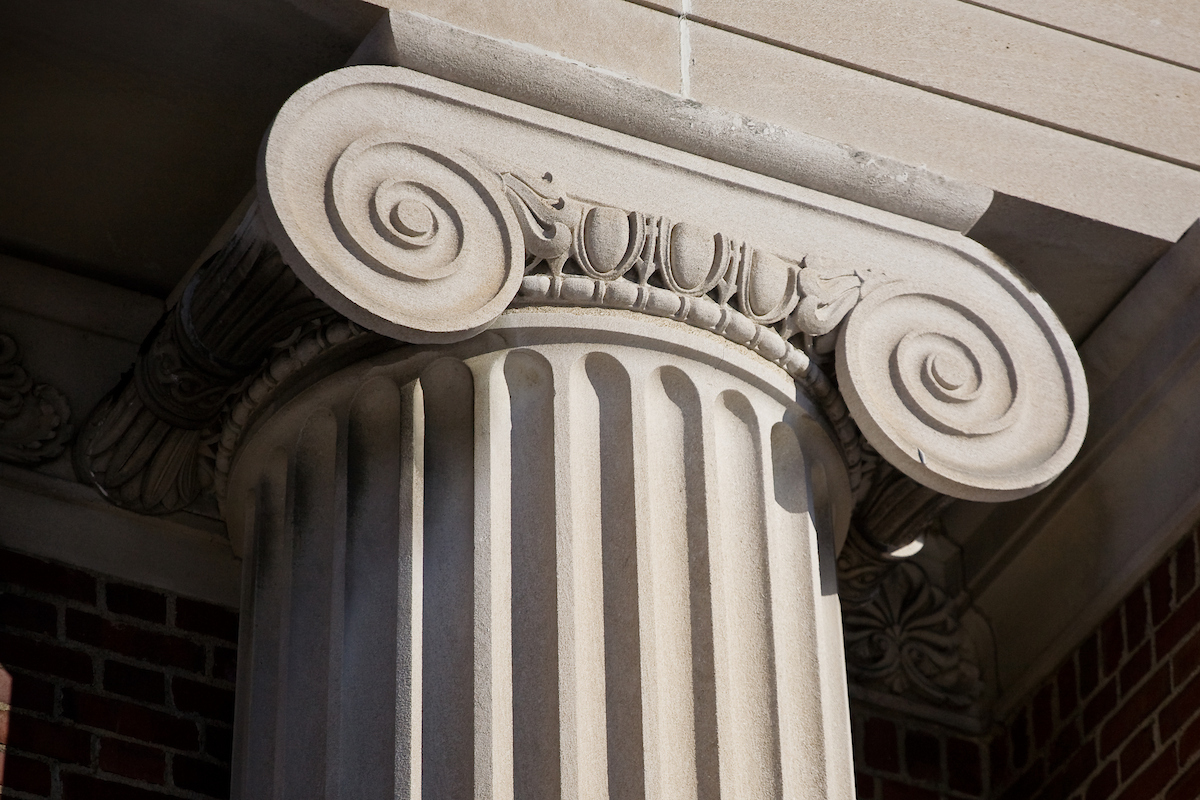Transfer rules and the changes to those rules have played an outsized role in college athletics in recent years. The federal government joining 10 states and the District of Columbia in a lawsuit against the NCAA that seeks to make permanent a temporary restraining order prohibiting the governing body from imposing penalties on student-athletes that […]






